A Guide to Macronutrients

You might have heard of macronutrients, often referred to as “macros.” These three essential nutrients - carbohydrates, protein, and fats - make up the food we consume and are essential for life. Learning the basics of macros and how to choose the right combination of these three nutrients is the first step to making the best choices when hunger strikes.
Carbohydrates are the body’s preferred energy source. Although carbs sometimes get a bad rap, they are a vital part of any diet. Carbohydrates think rice, bread, and fruit come in many different forms. The body uses chemicals like insulin to break down carbohydrates into glycogen which fuels your muscles, provides energy to your brain, and maintains your daily bodily functions. Not only do carbs power your muscles but they fuel your workout.
“Depending on how intense your workout is, you may want to prioritize simple carbs around 30 minutes before your workout because they digest quickly and provide quick energy,” said Registered Dietician Malisa Nguyen. “If you’re eating more than 30 minutes before your workout, you can have complex carbs because they will take longer to digest, but will stabilize your blood sugar a bit better, which will last a longer duration through your workout.”
Carbohydrates also play a big role in post-workout recovery and the absorption of protein and fats. Studies show that a post-workout meal that includes fructose or fruit sugar is most beneficial to replenishing stores of glycogen in both the muscles and the liver
An often overlooked carbohydrate is fiber. Fiber is the indigestible portion of plant-based food that slows digestion and helps the body process nutrients.
Protein is the backbone of any athlete’s nutrition. Proteins are made of 22 amino acids, nine of which cannot be produced by the body and can only be obtained through food. Unlike carbohydrates and fats, the body doesn’t store proteins. But this doesn’t mean you need to go full carnivore, when done correctly a vegan diet can provide adequate protein for athletes.
“Oftentimes, people fear that being on a plant-based diet means they won’t have optimal muscle protein synthesis. In fact, as long as you’re getting those essential amino acids, it doesn’t matter where it comes from,” Nguyen said. “When it comes to a plant-based diet, you may have to be more thoughtful about incorporating different kinds of plant proteins for that full amino acid composition. But to me, this is actually a great thing — it encourages more variety in your diet.”
Protein needs vary based on your goals, activity level, gender, and age but experts agree that a high-protein diet can also be helpful for weight loss and body recomposition.
One of the easiest ways to meet your protein needs is through convenient whole foods like protein bars or meal replacement bars. Many of these options are vegan and formulated in the correct ratio of carbs, fats, and proteins for optimal absorption.










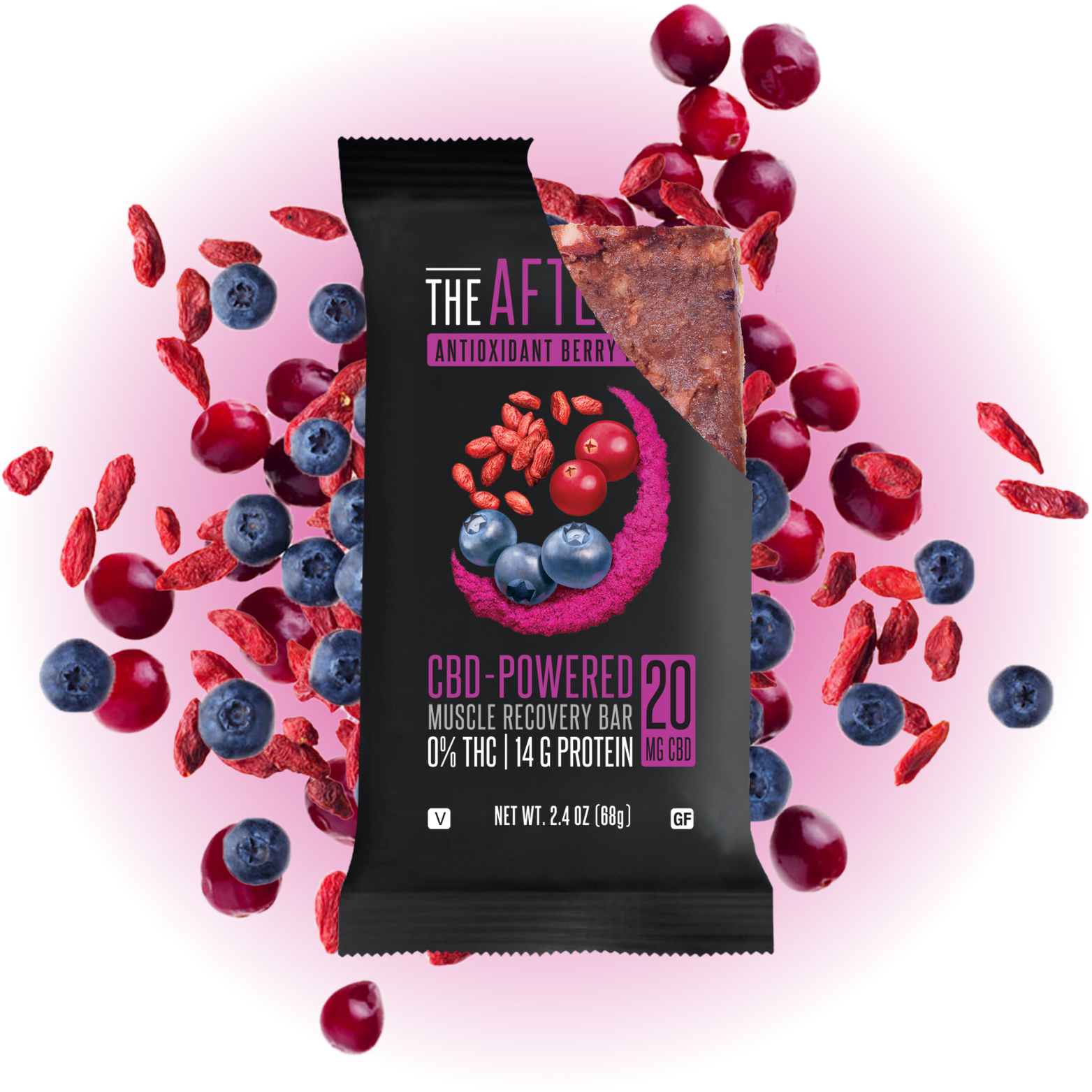
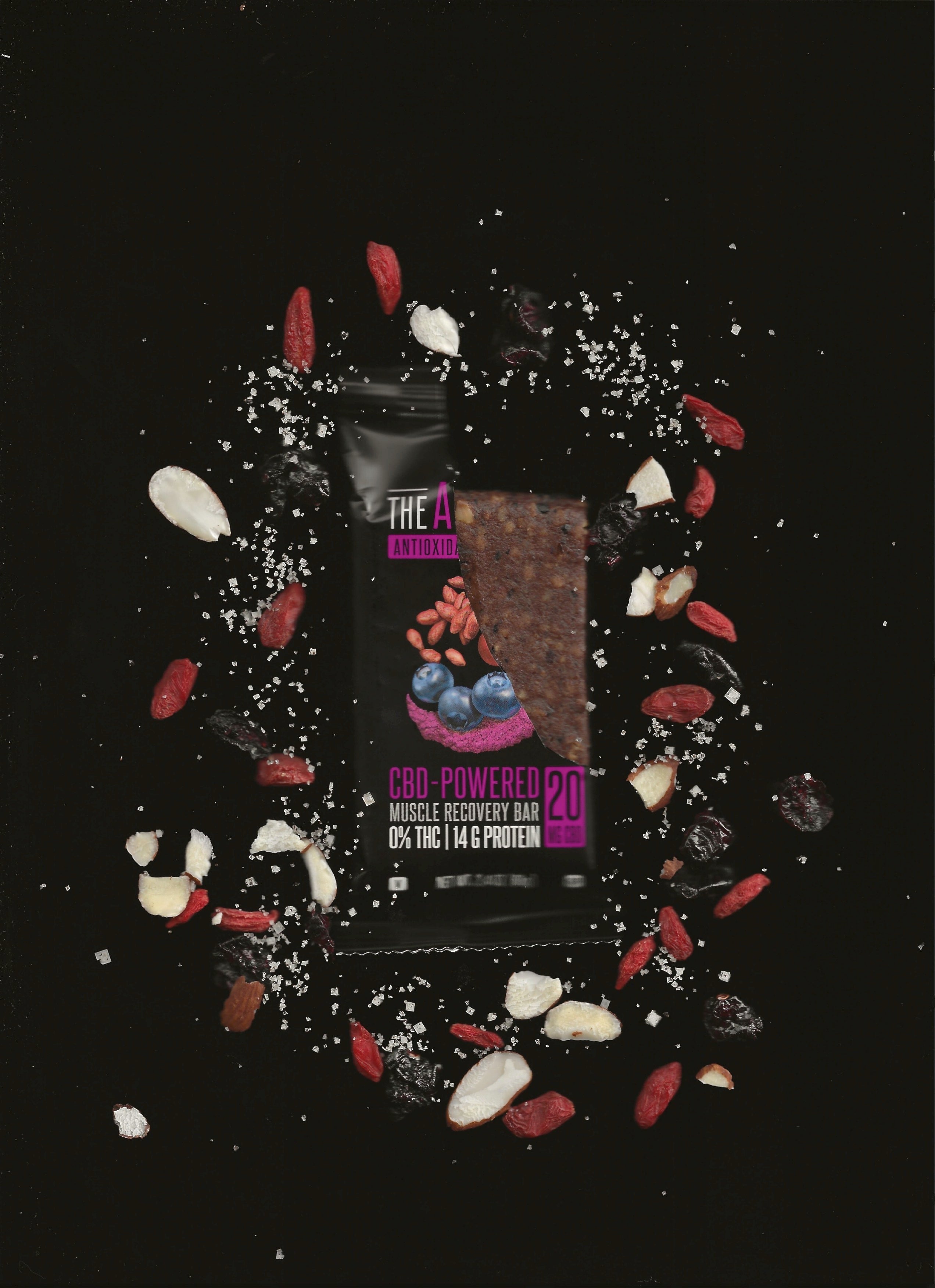
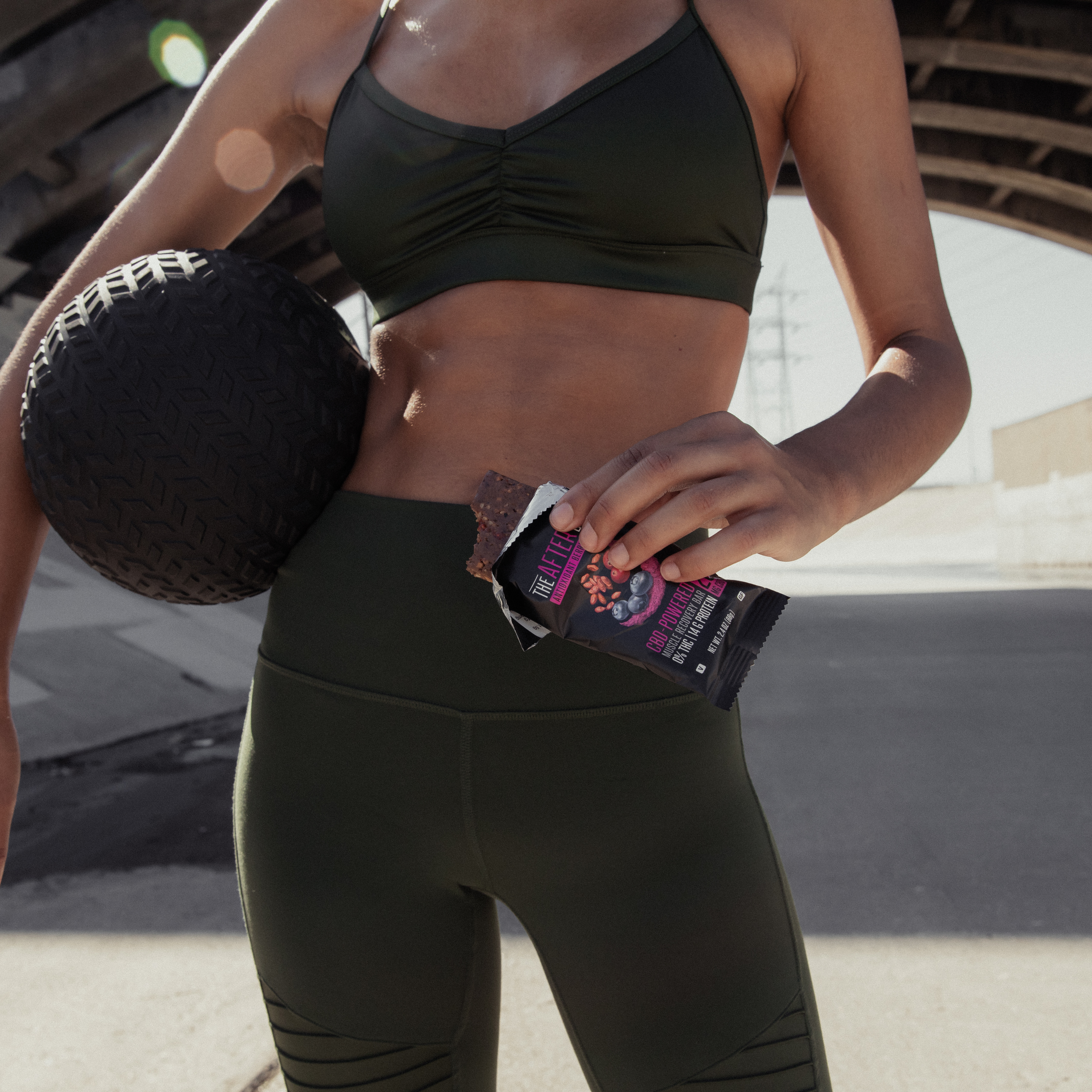
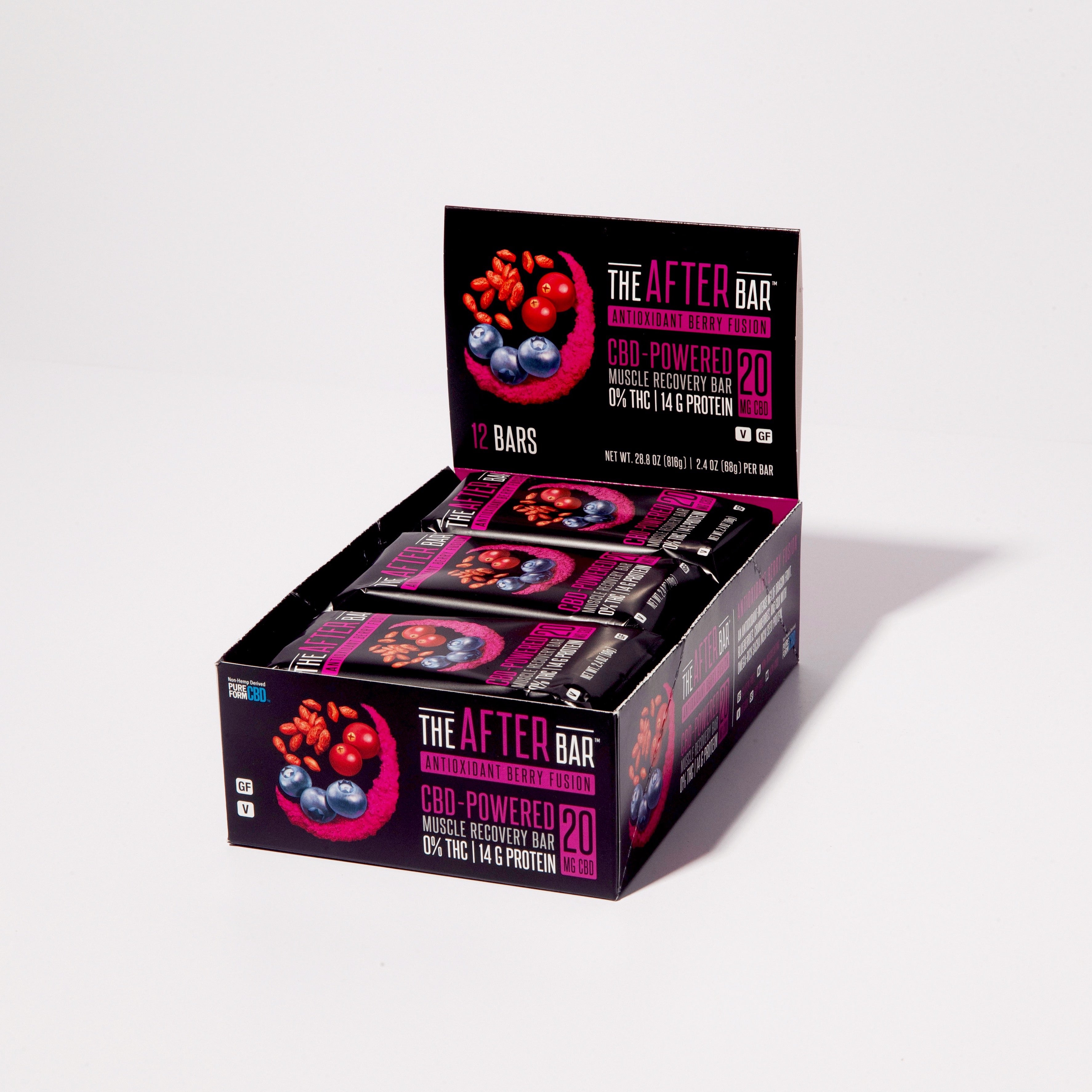
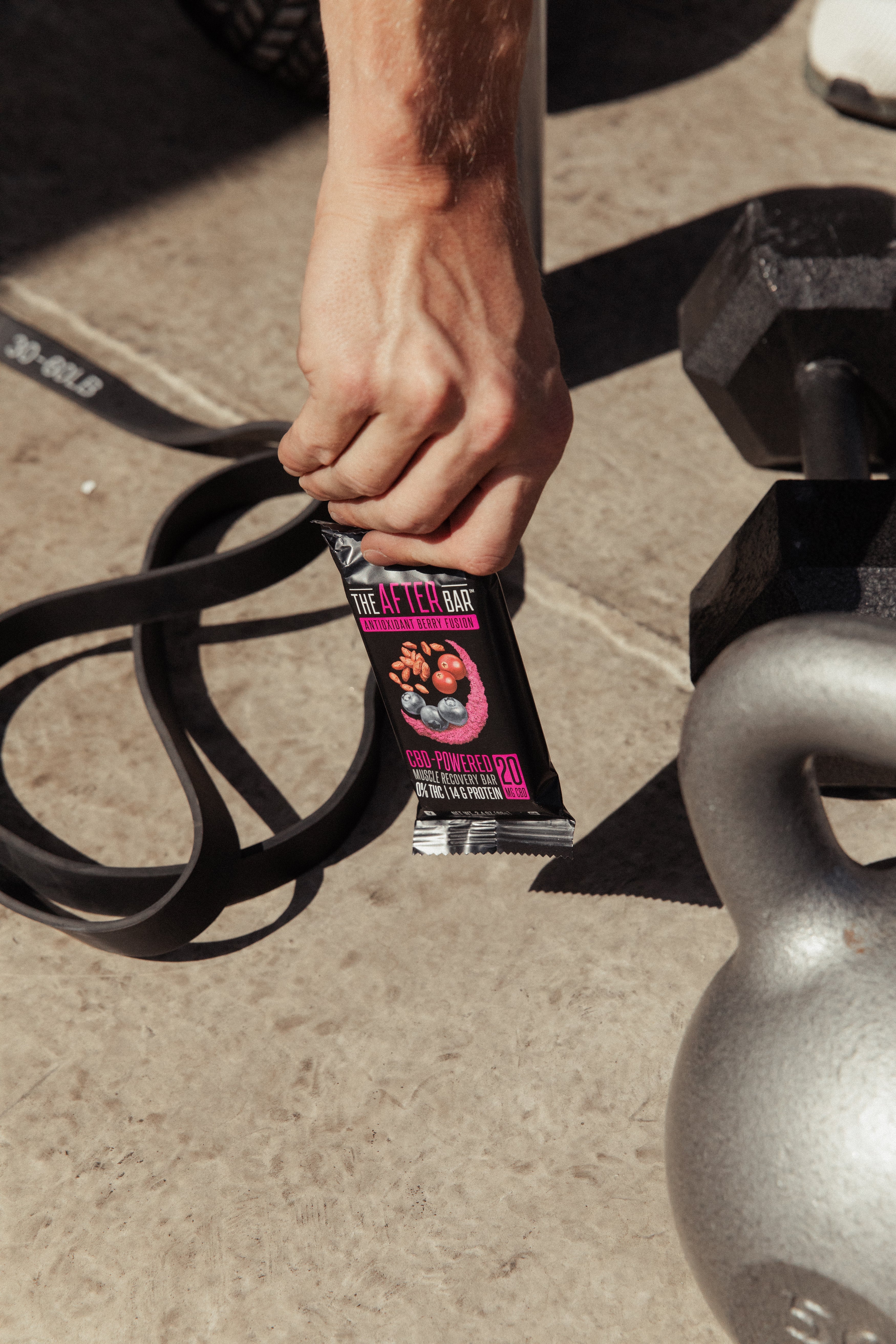
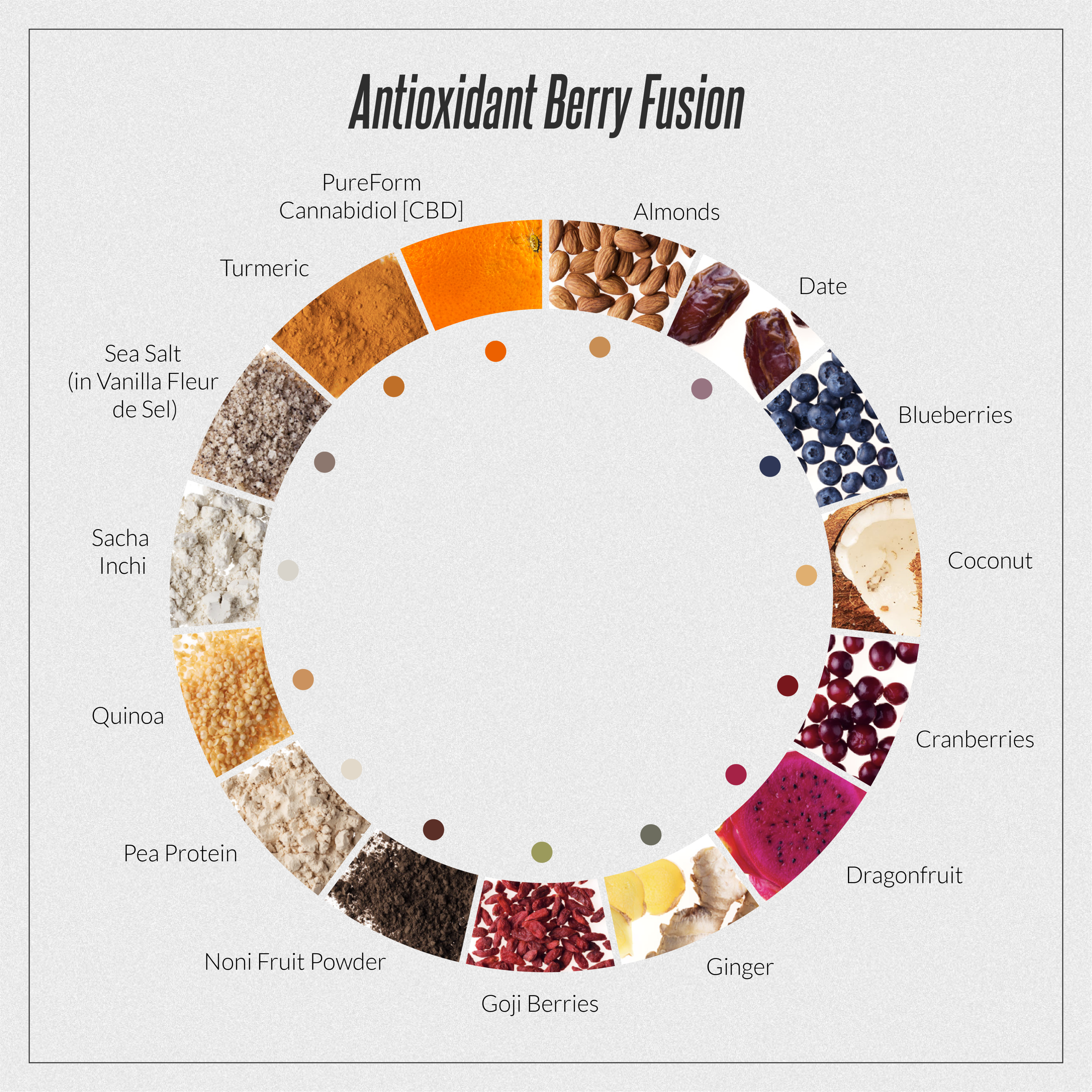
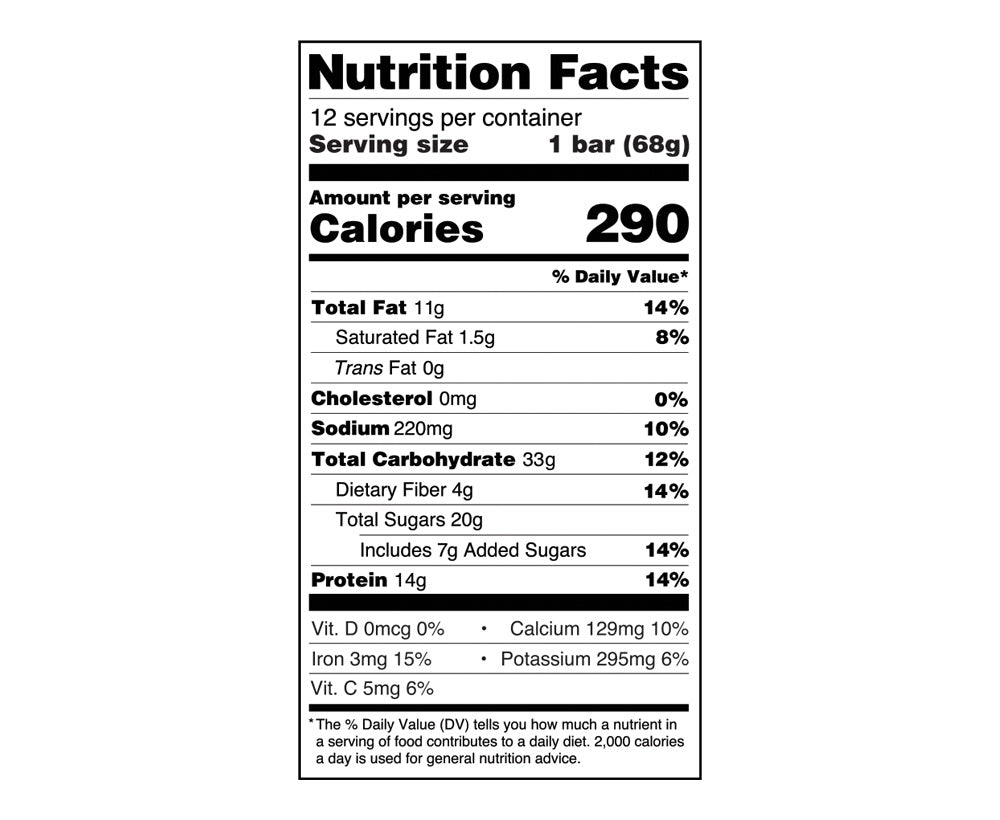
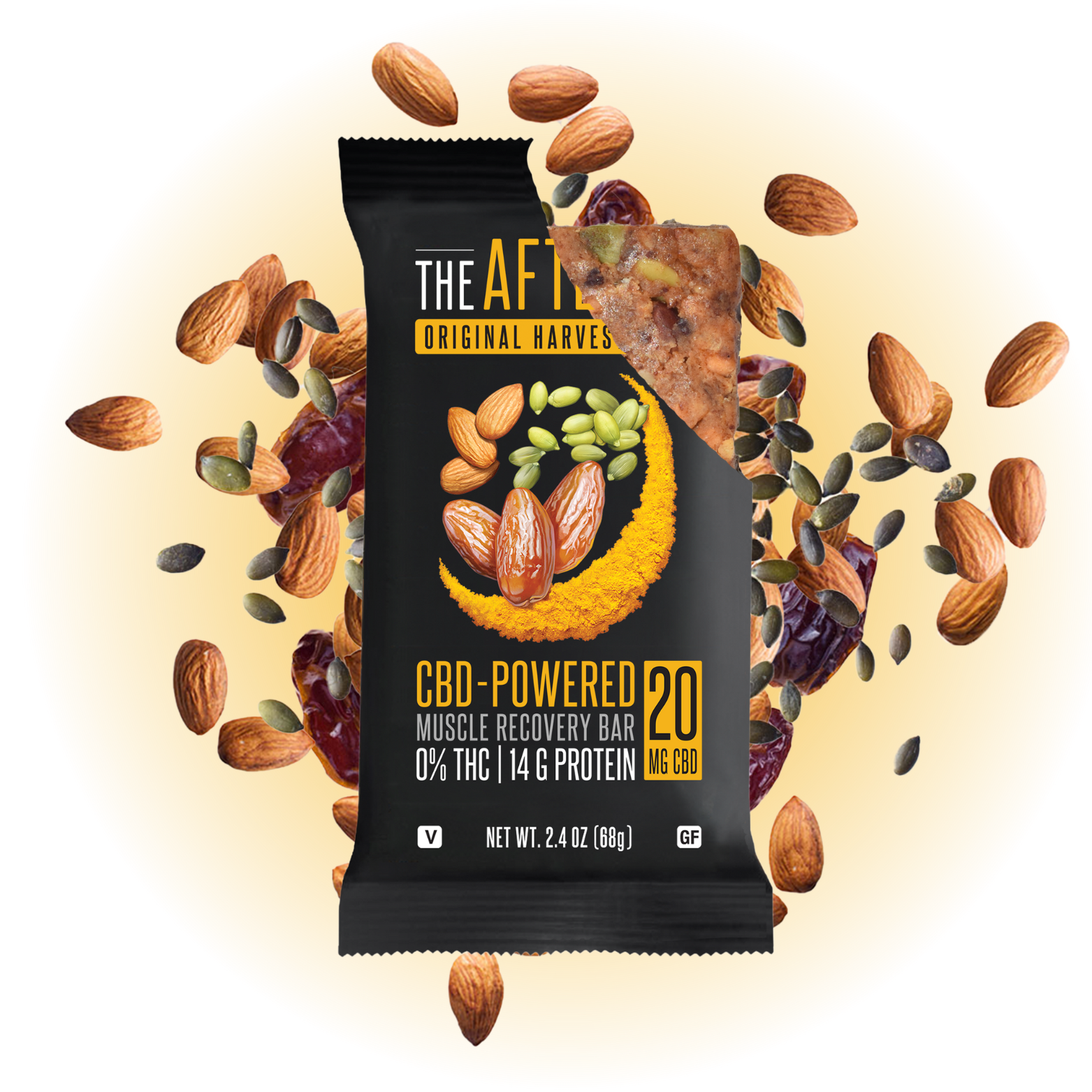
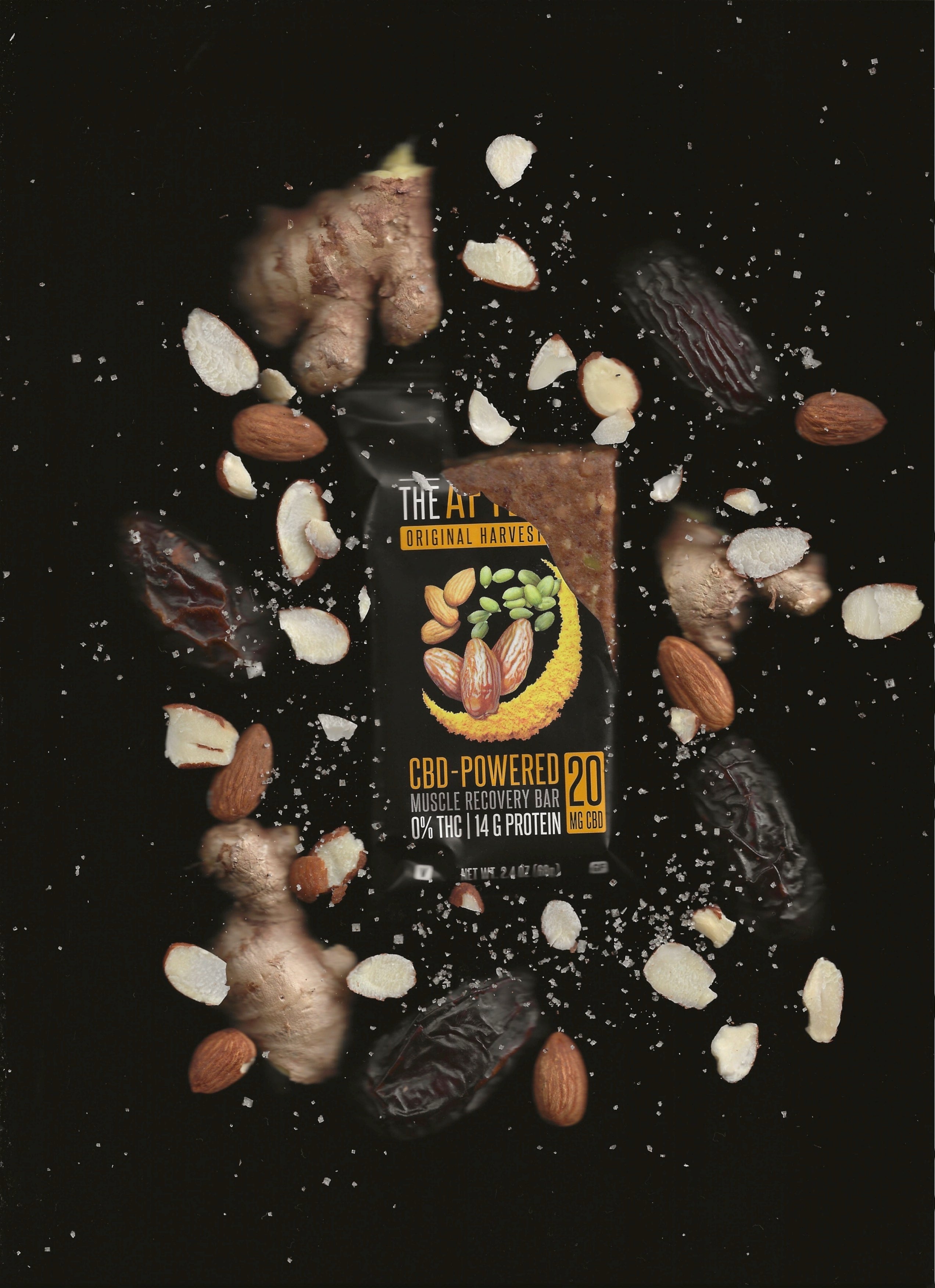
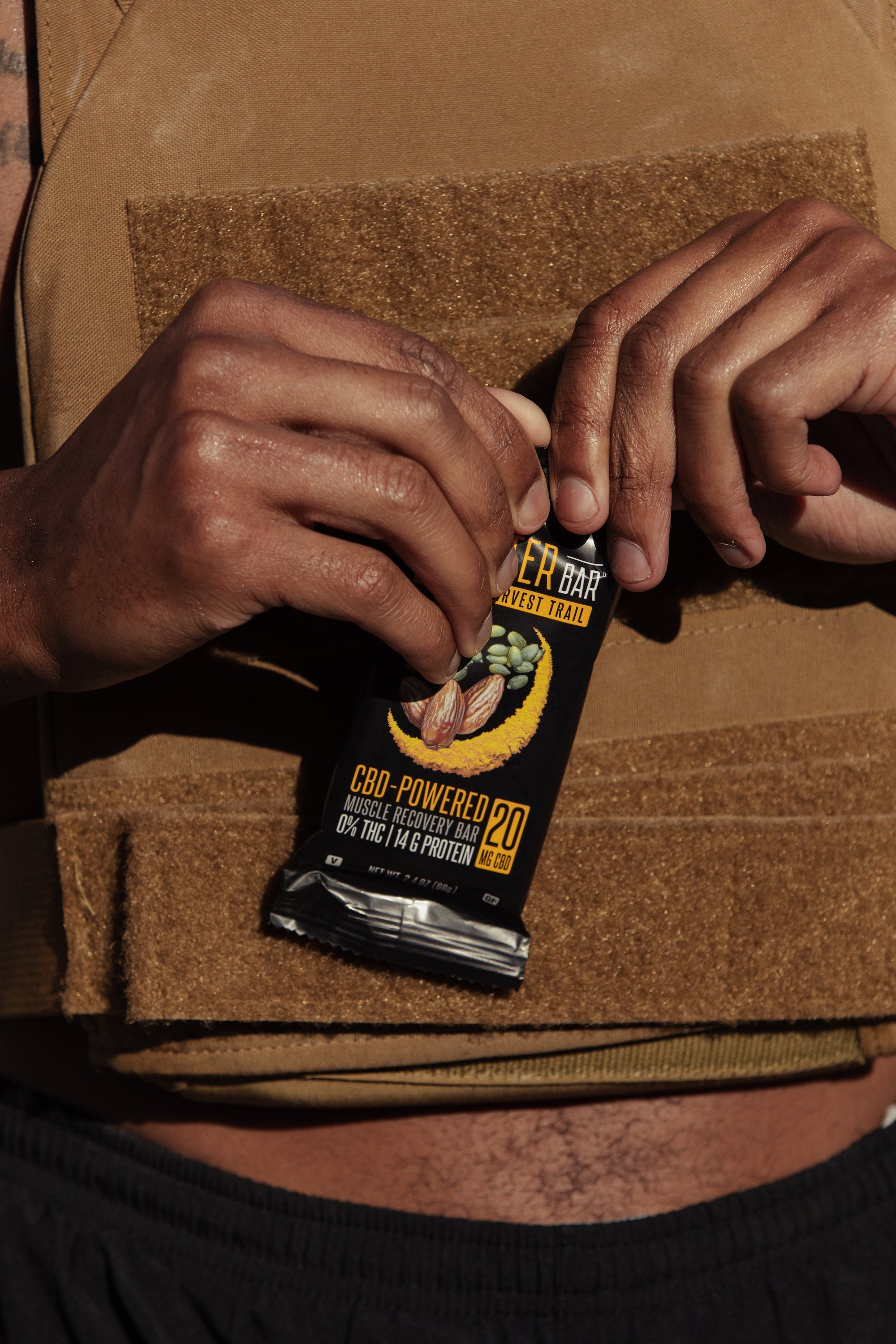
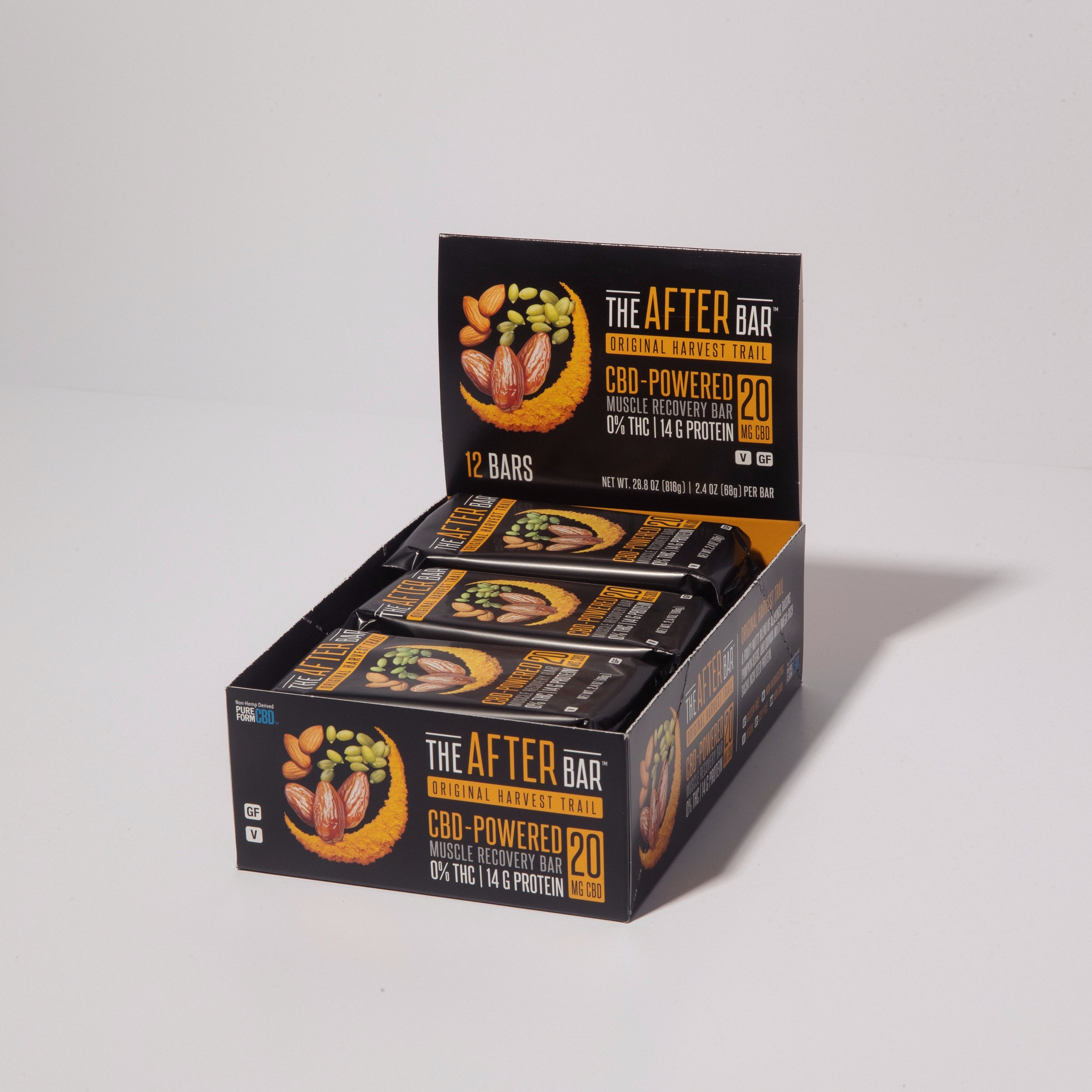
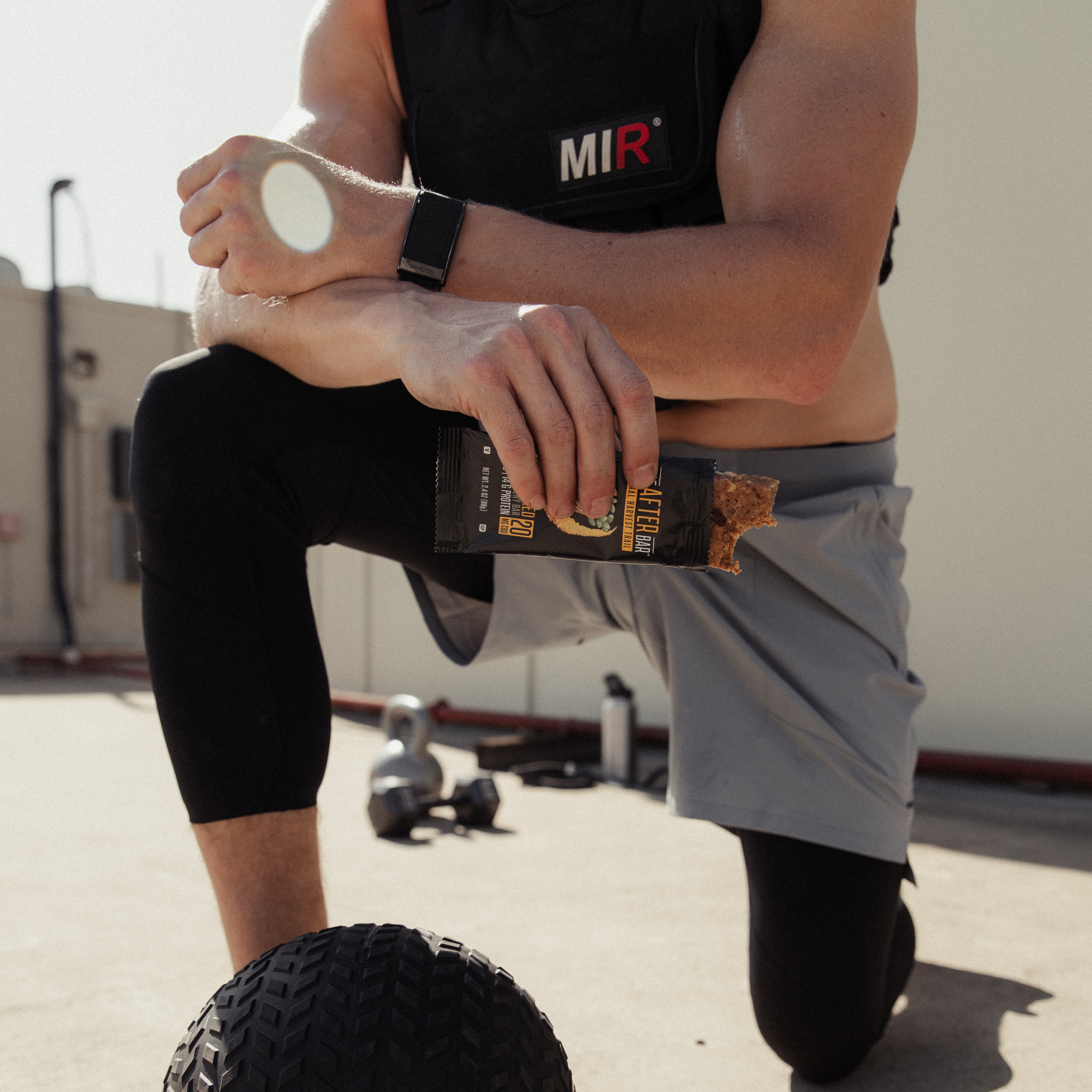
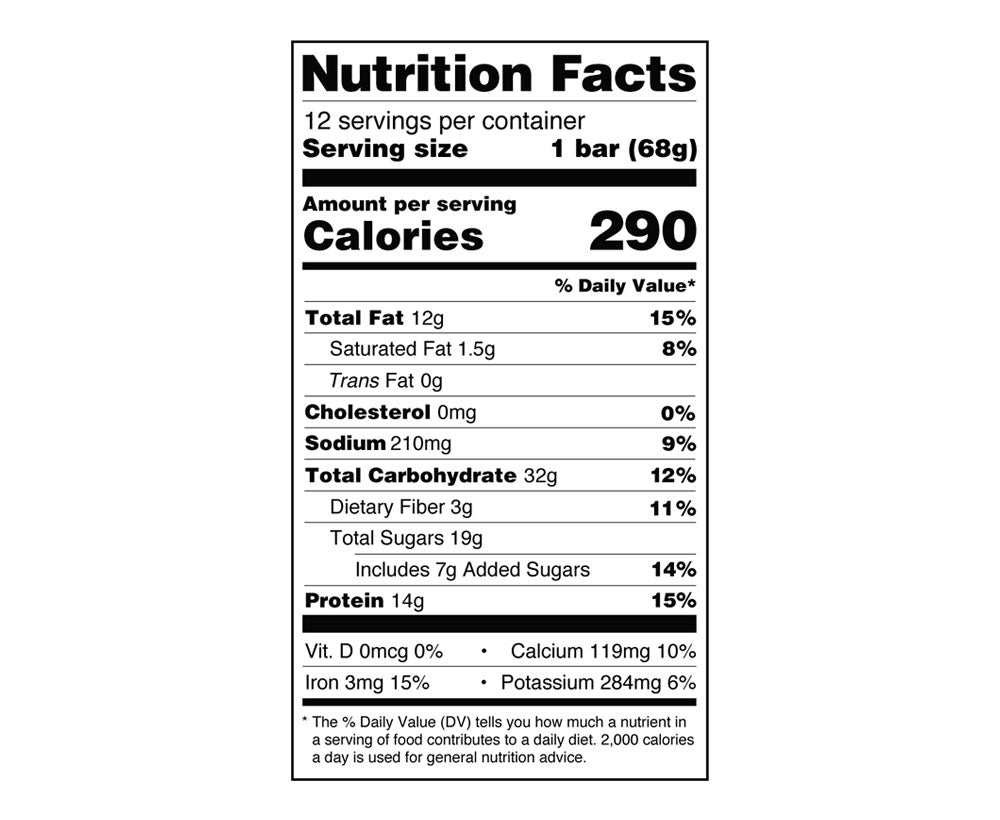
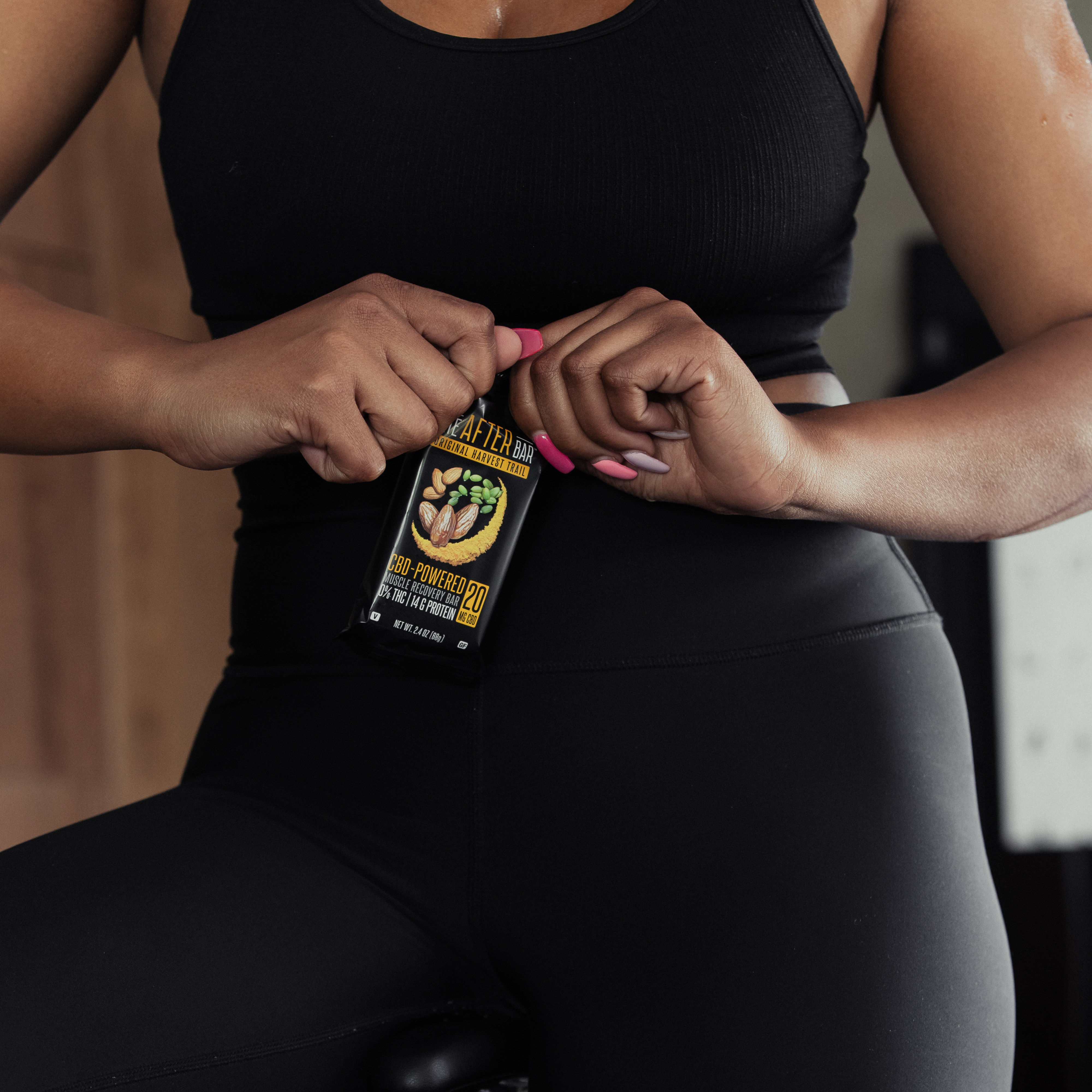
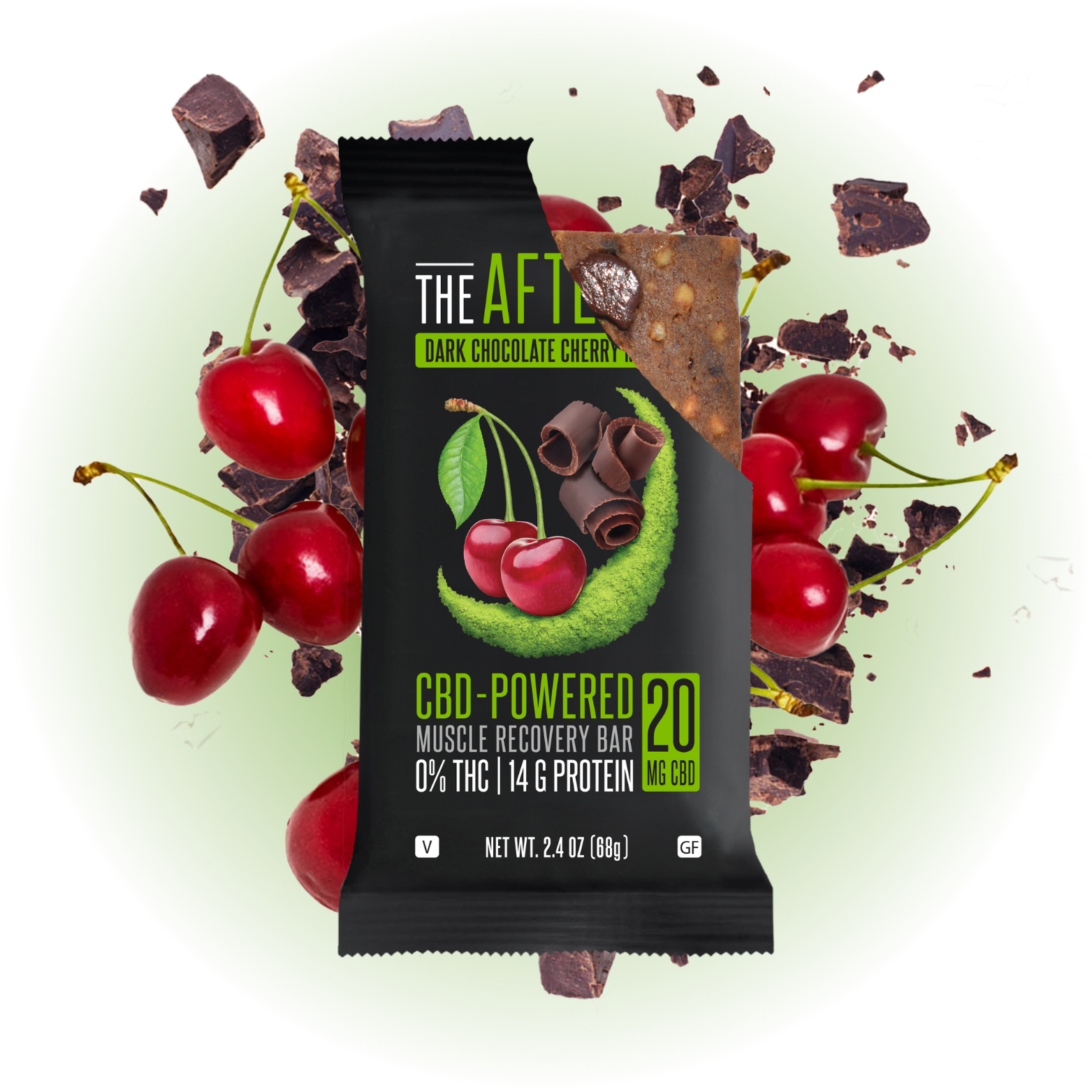
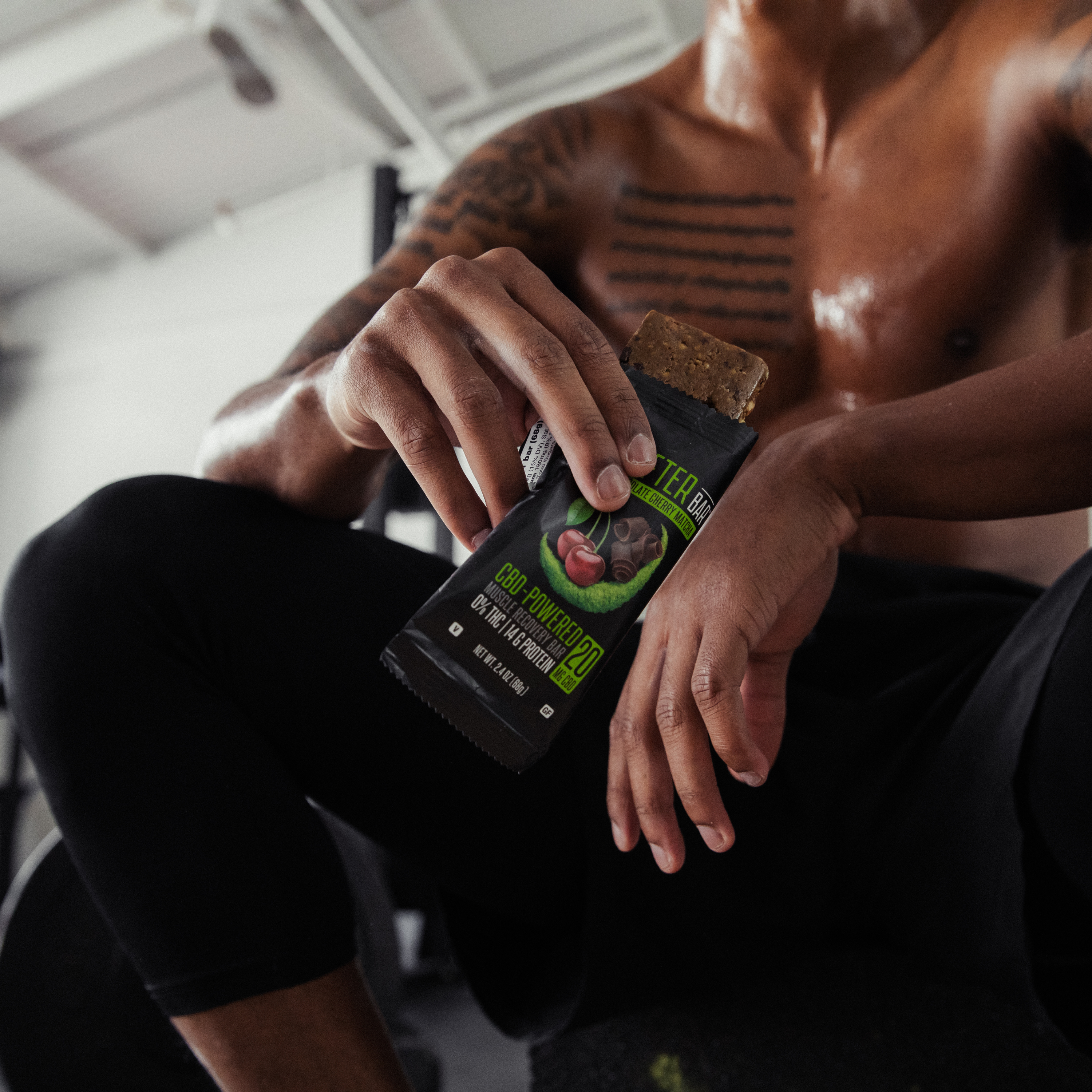
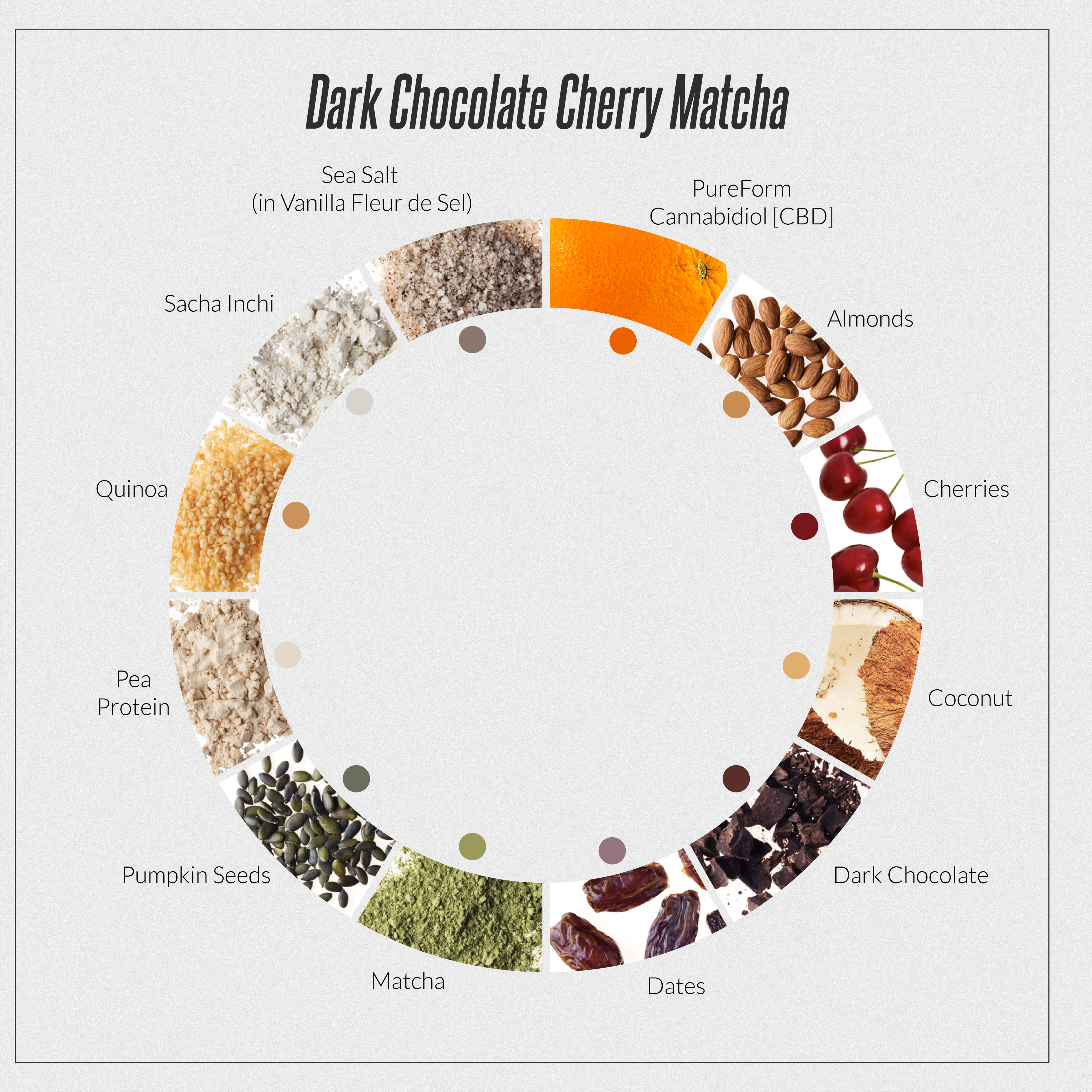
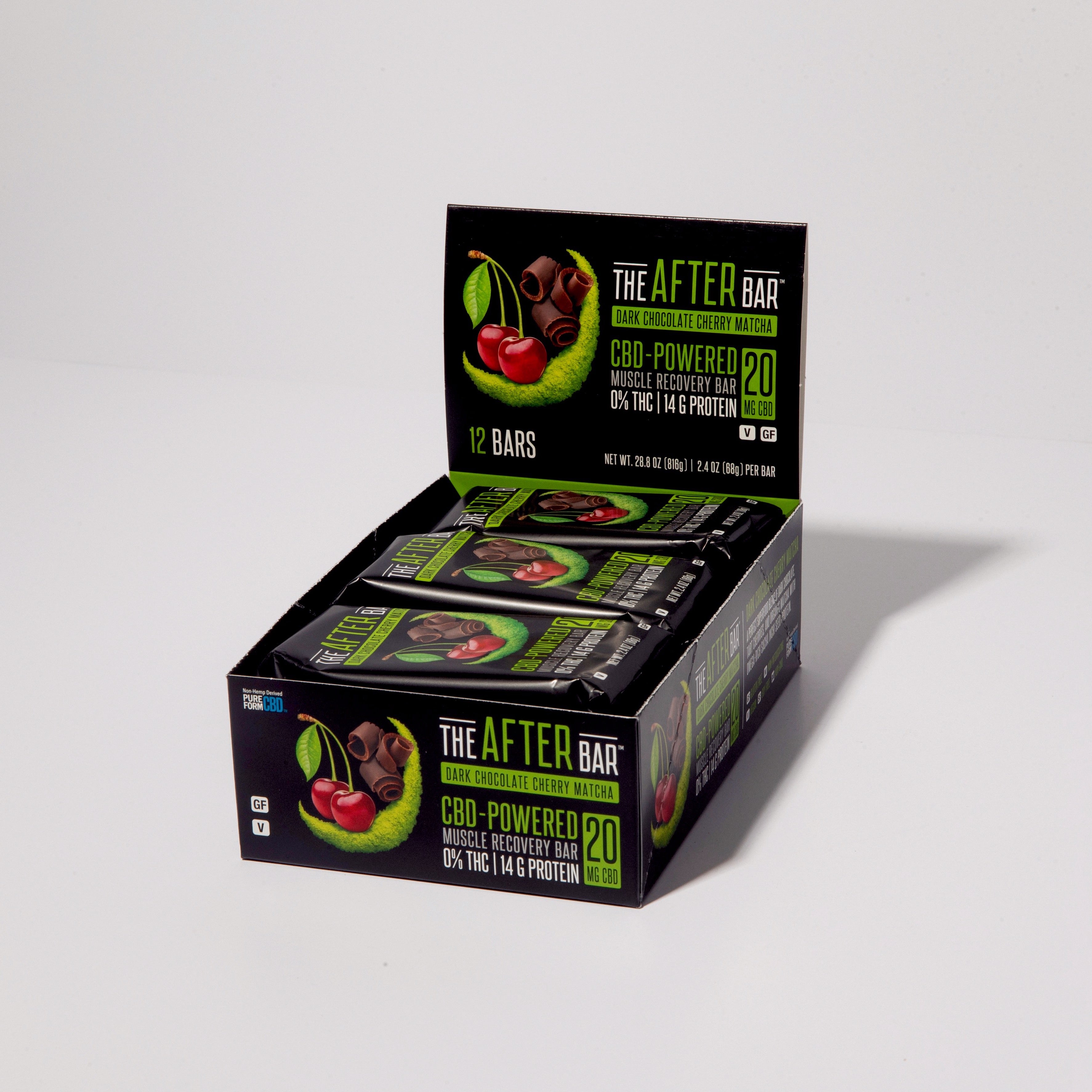
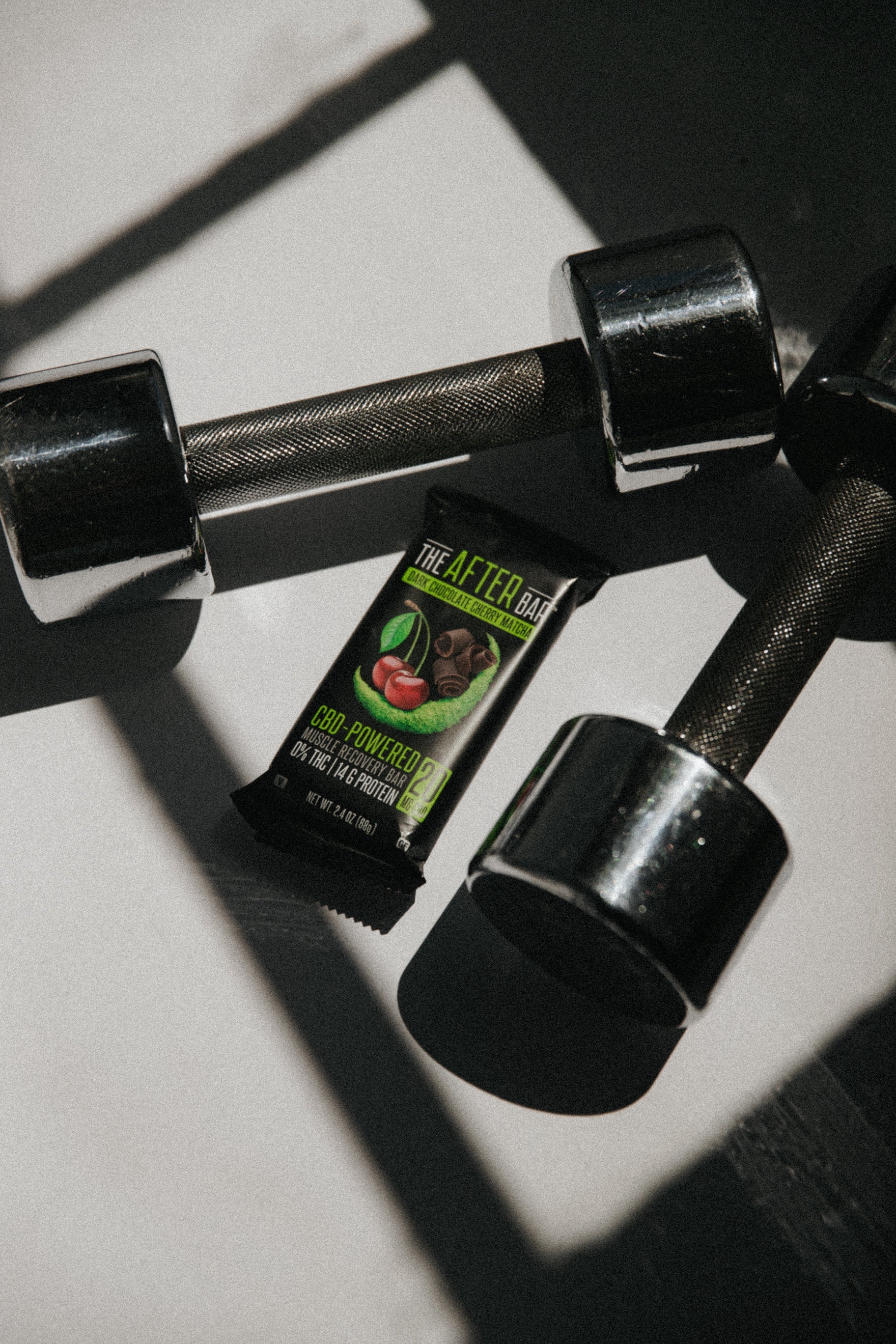
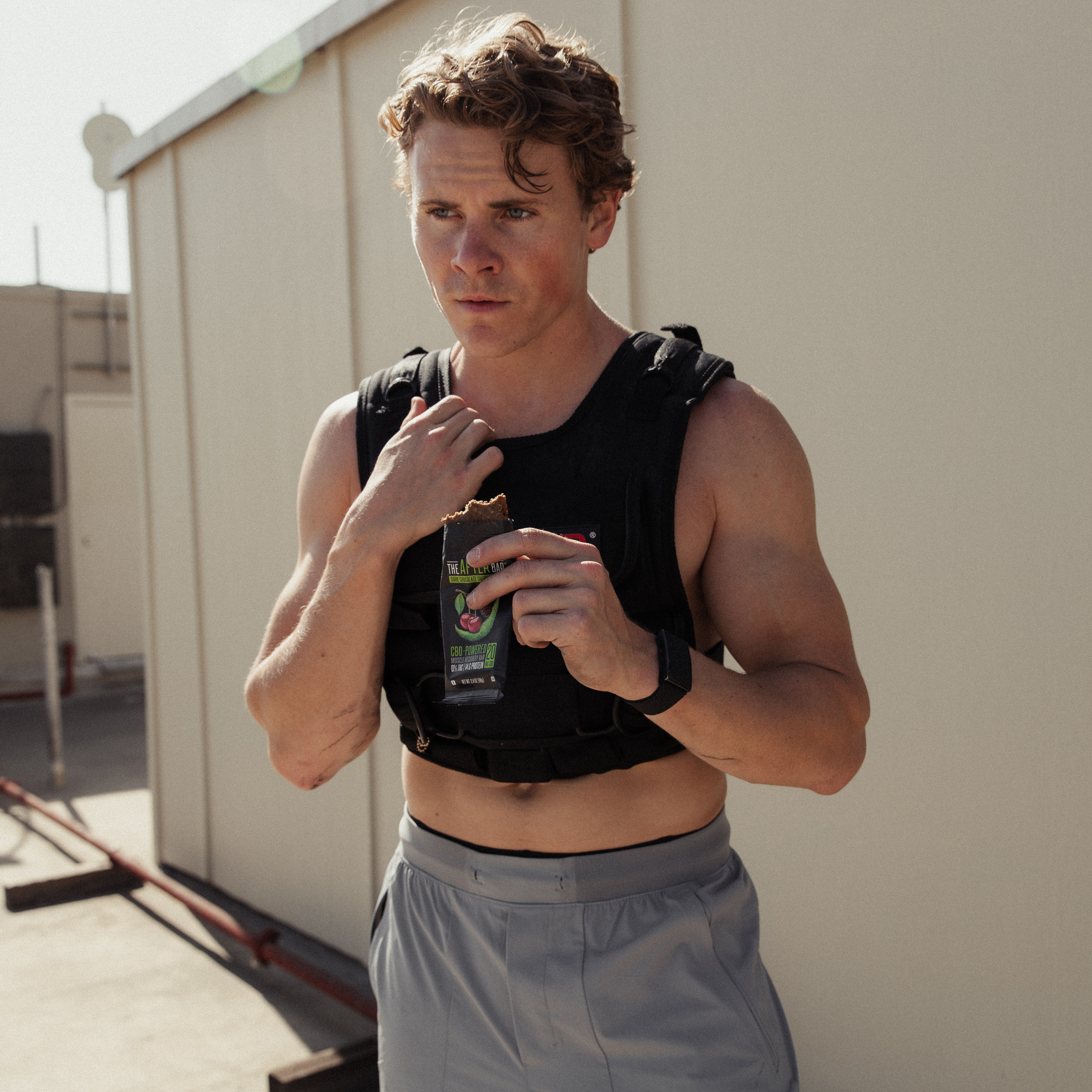
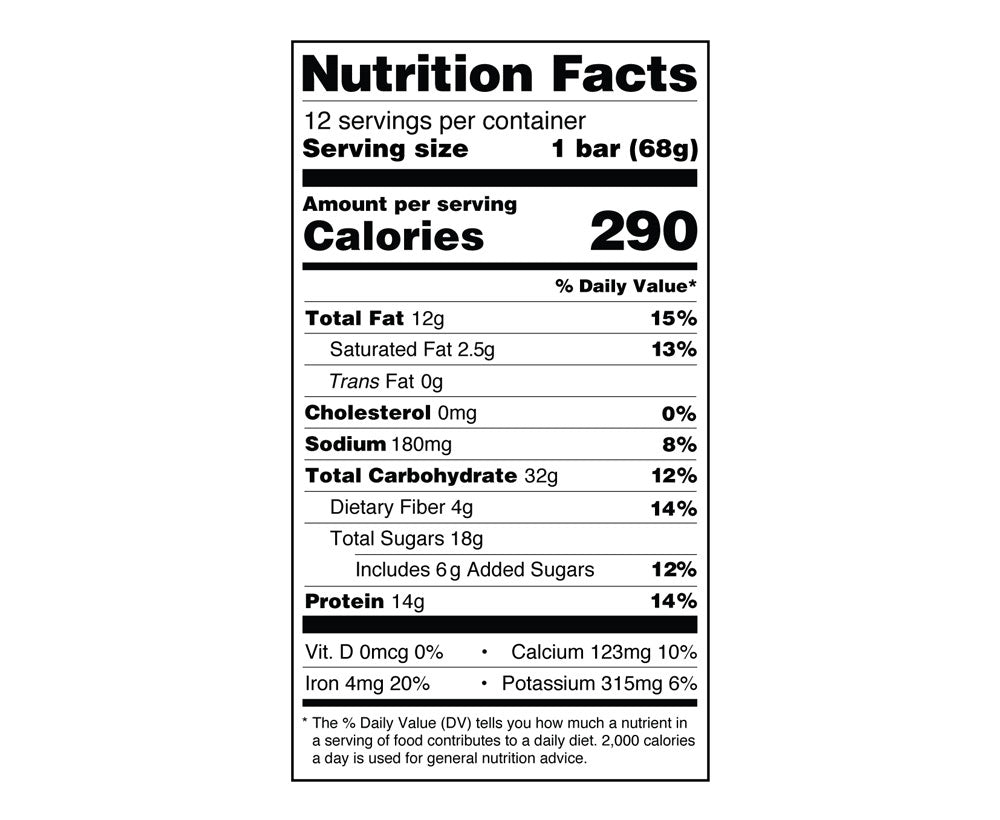
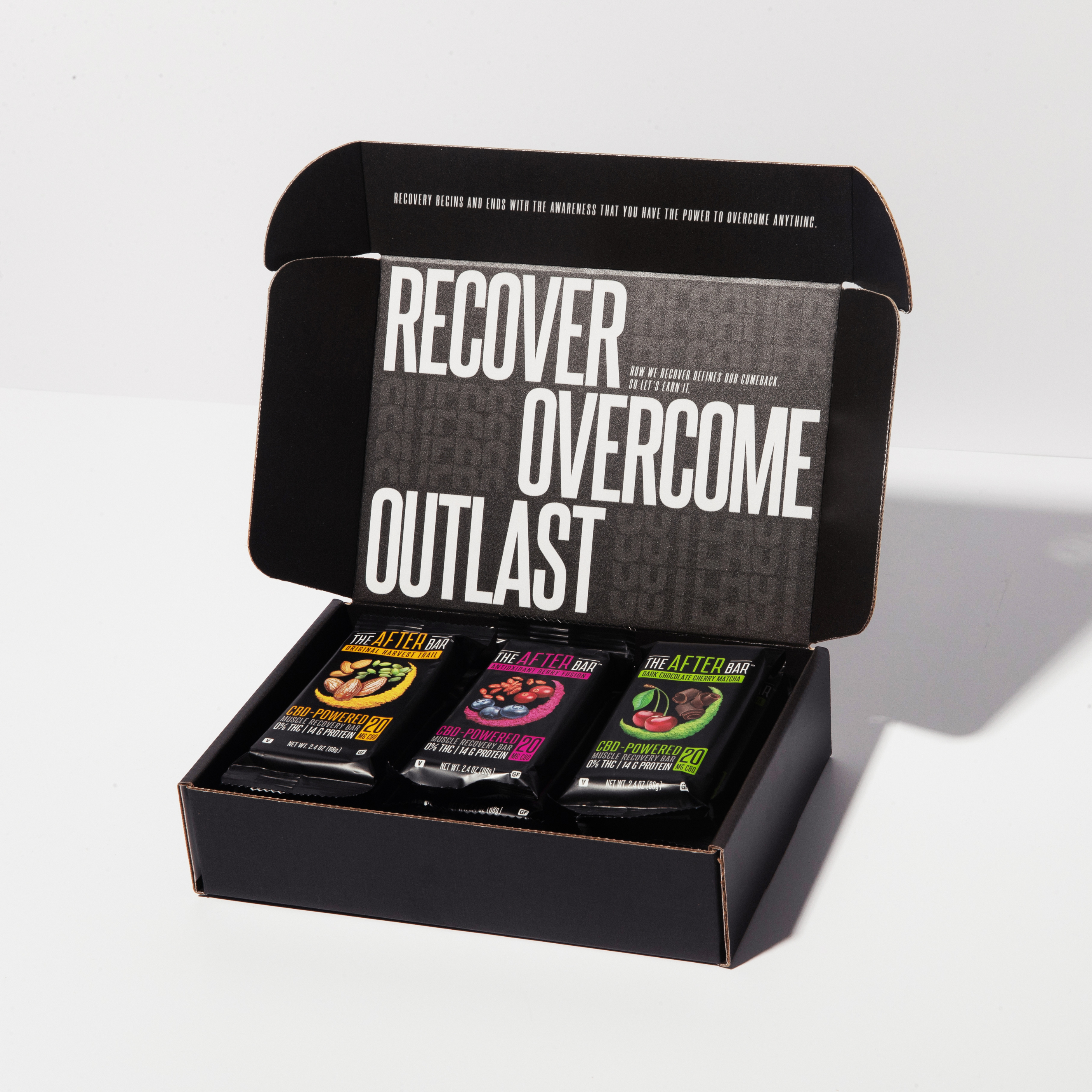
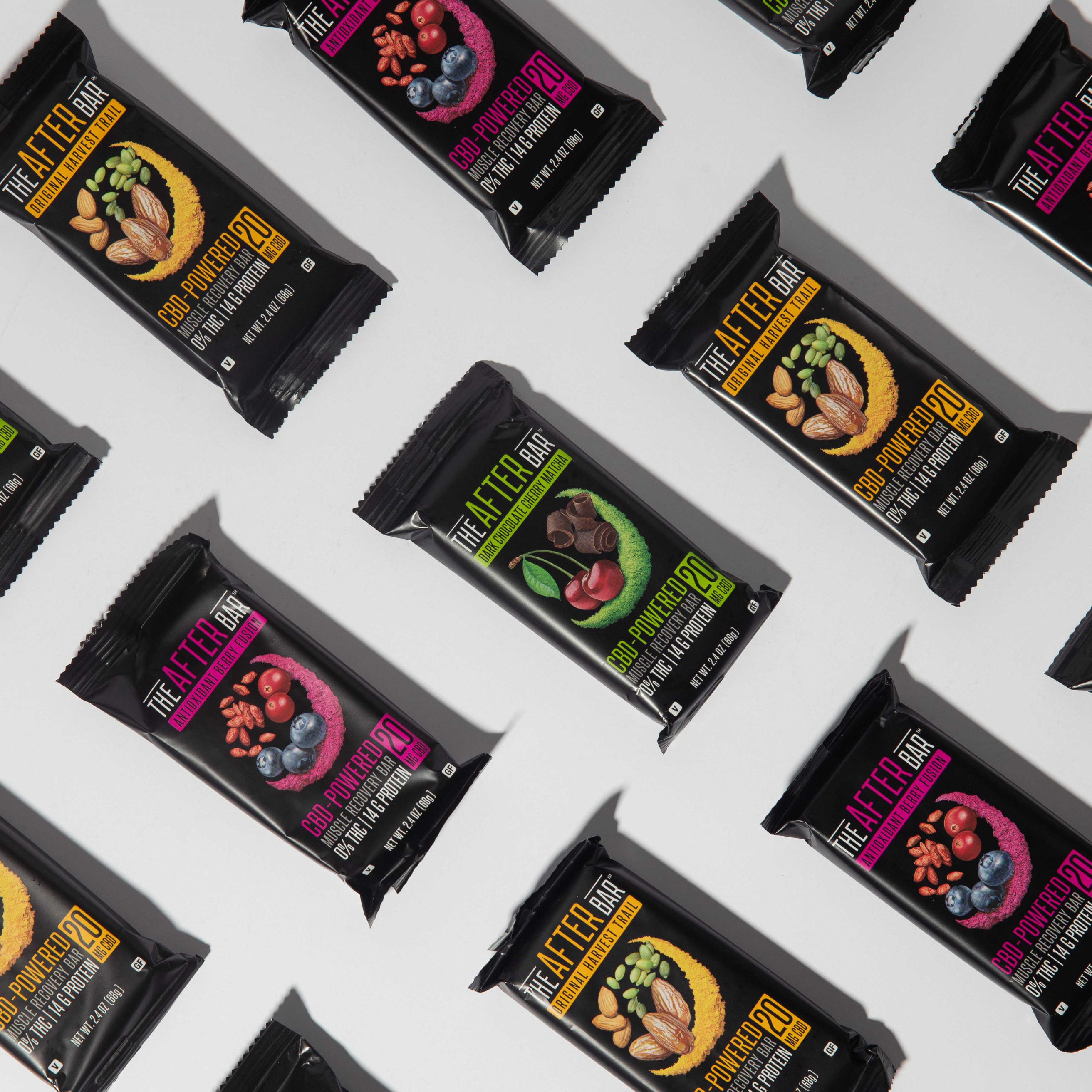
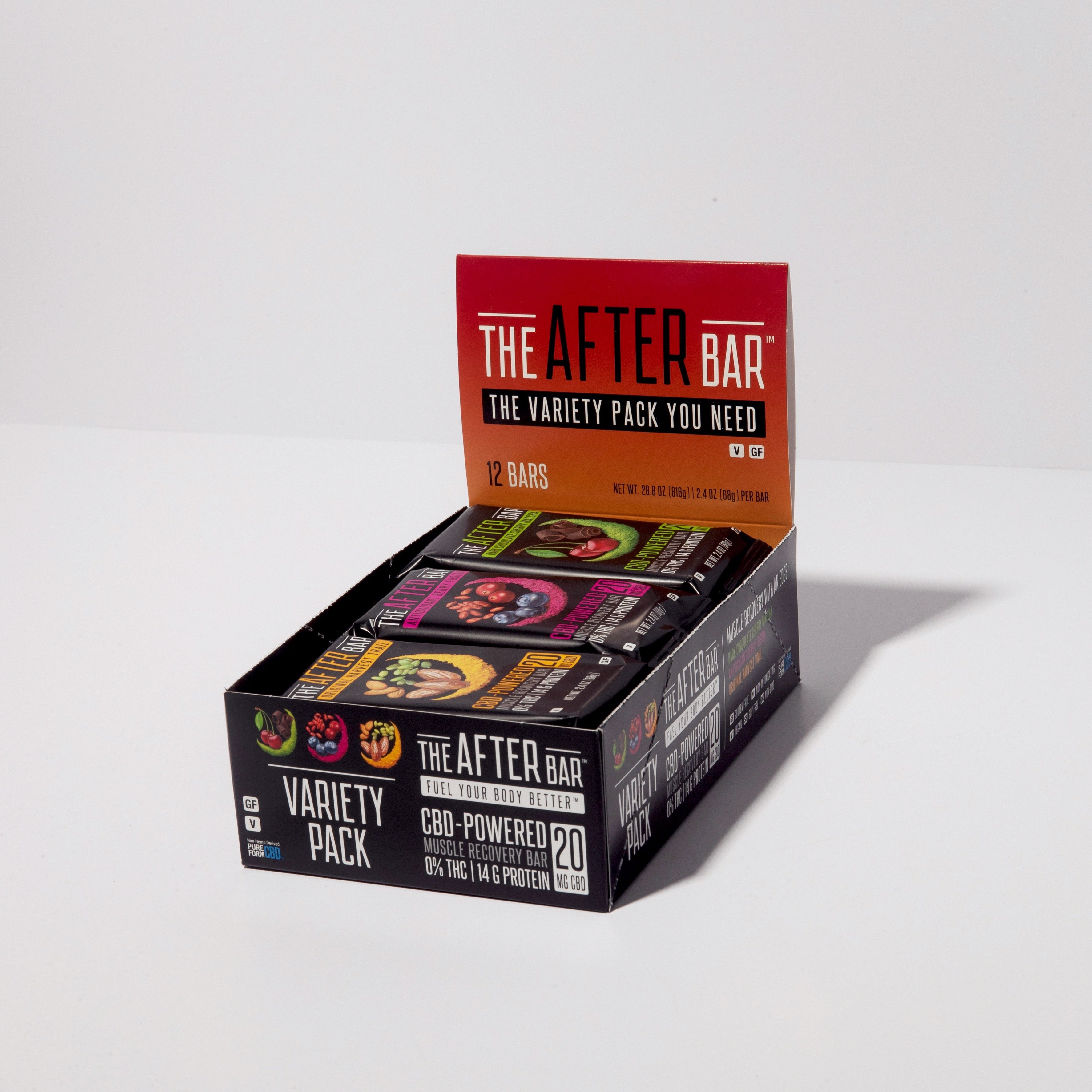
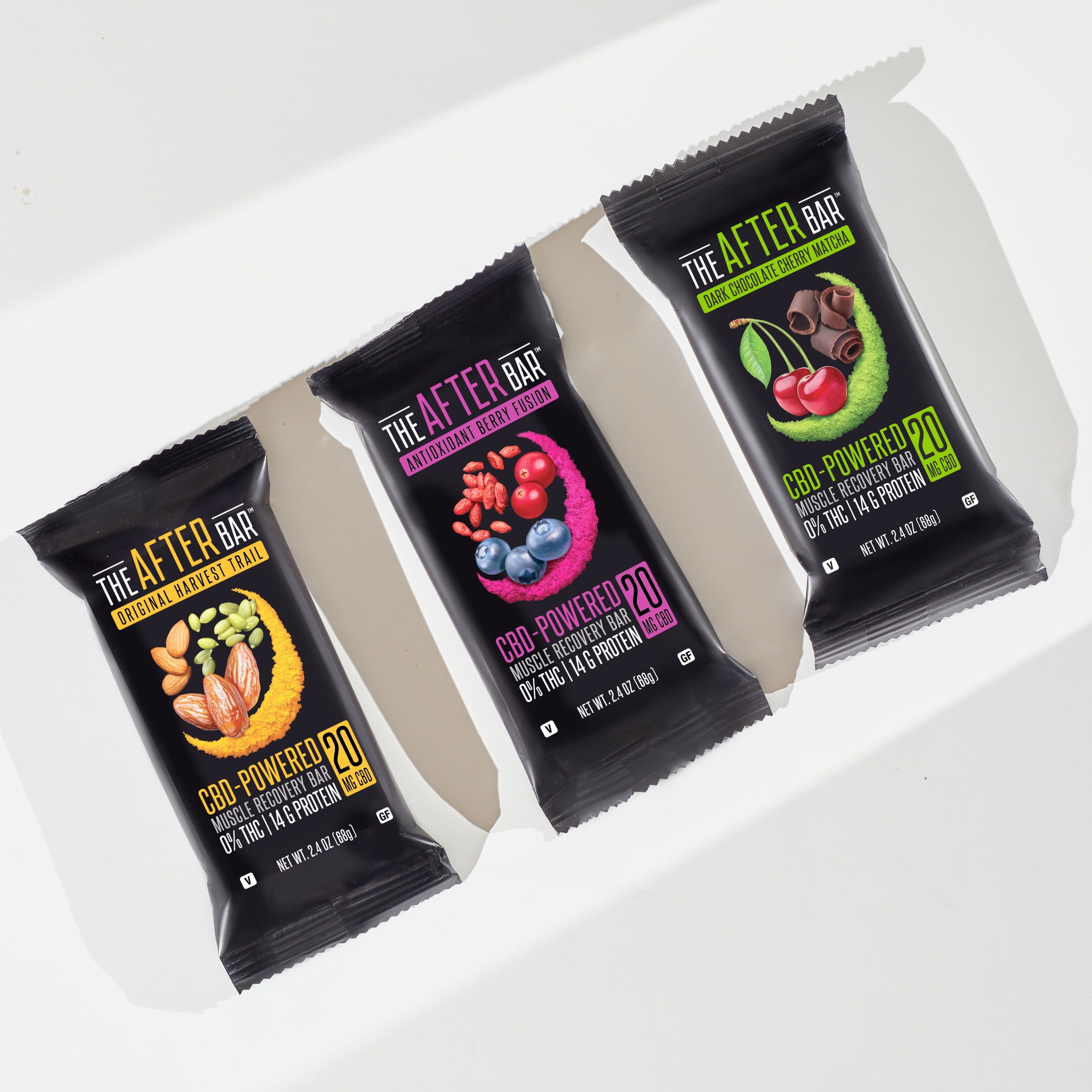
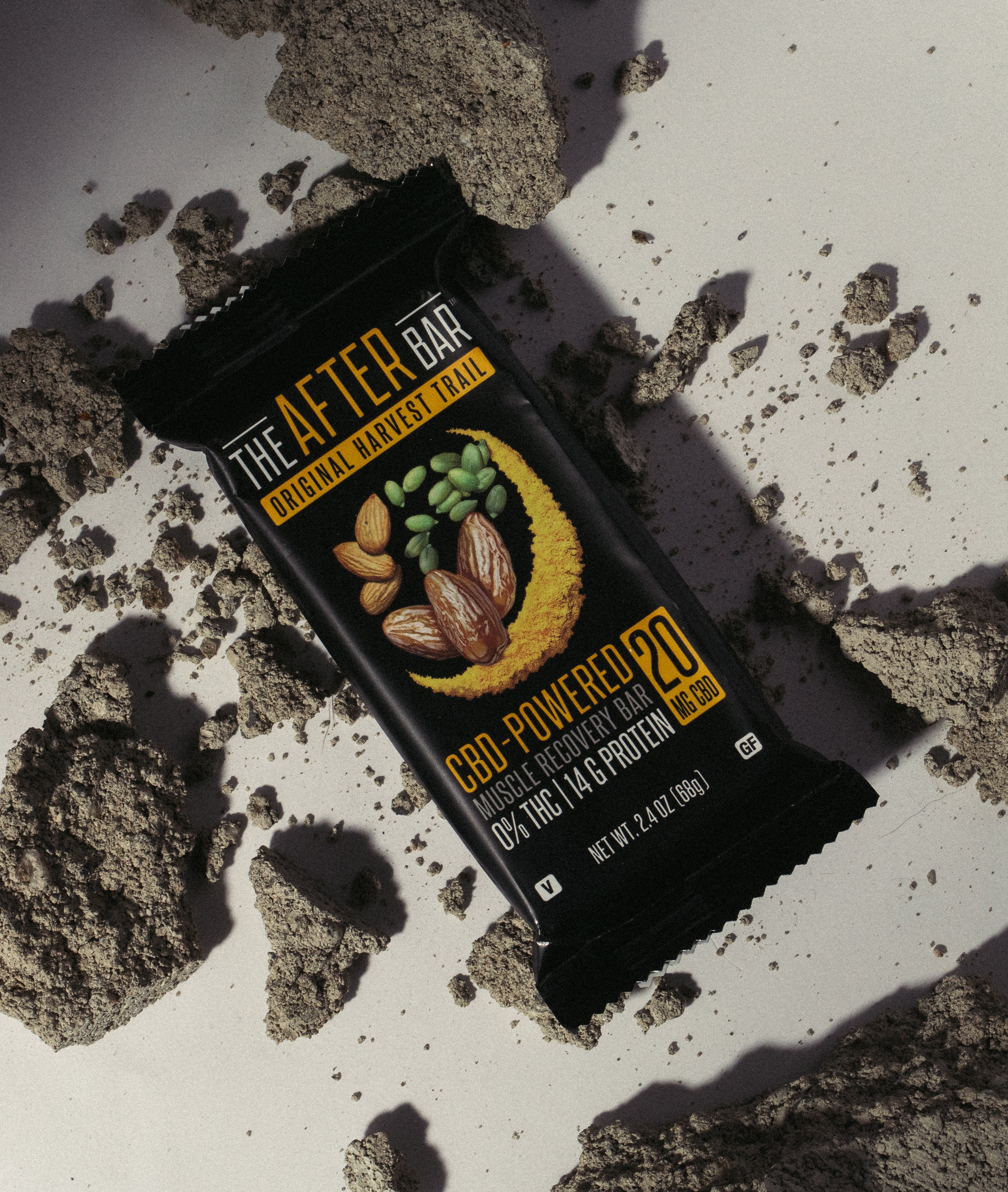
Leave a comment